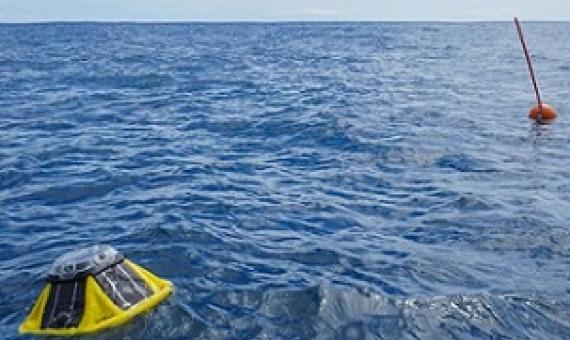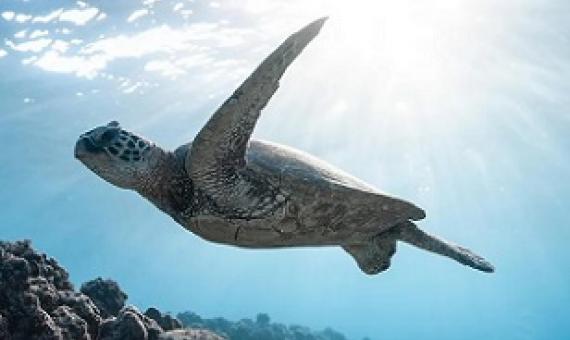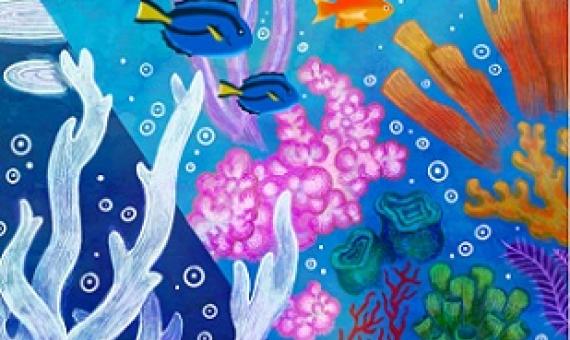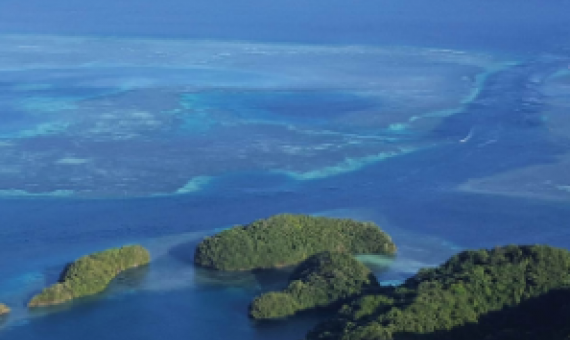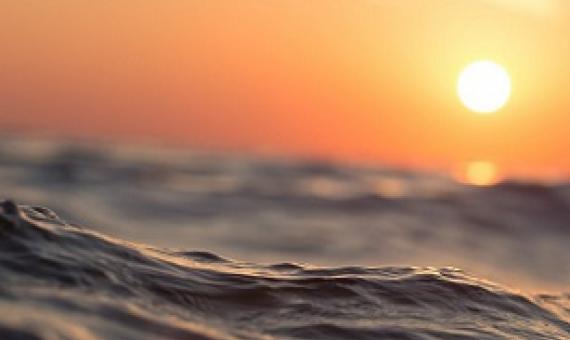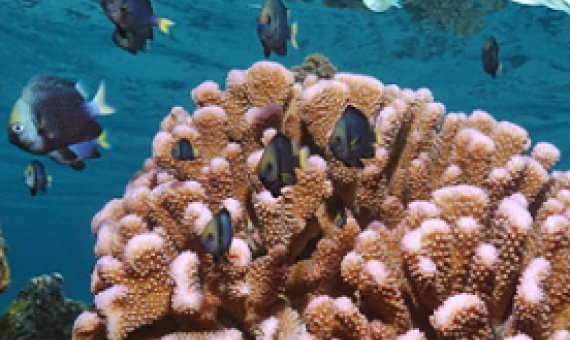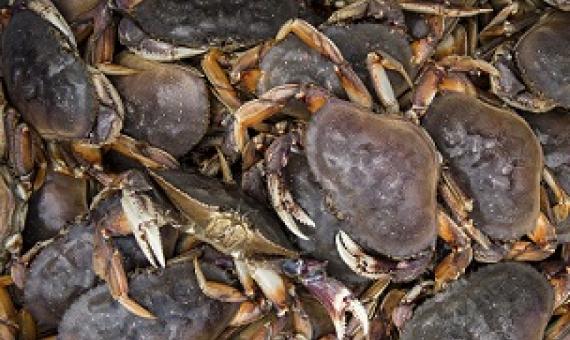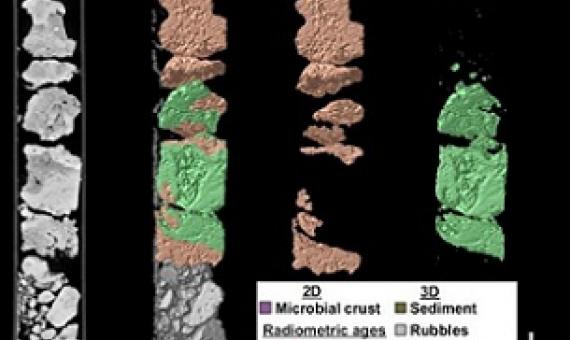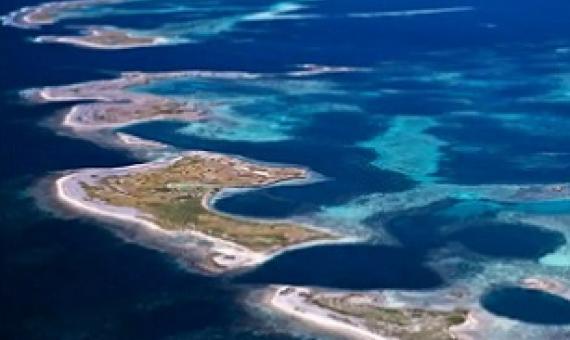The procurement of new technology will help local conservationists monitor how warming oceans are affecting the marine environment around the globe...The equipment is part of a global network of data sensors being deployed to bring better understanding to the impacts of climate change on the mari
The tropical water at the equator is renowned for having the richest diversity of marine life on Earth, with vibrant coral reefs and large aggregations of tunas, sea turtles, manta rays and whale sharks. The number of marine species naturally tapers off as you head towards the poles.
Rising ocean temperatures and ocean acidification could have negative cumulative effects that slow the growth of tropical coral reefs, according to a UCLA-led study published in early January.
Coral bleaching has been detected again in several sites in Palau according to studies conducted by the Palau International Coral Reef Center (PICRC).
Heatwaves in the world's oceans have become over 20 times more frequent due to human influence. This is what researchers from the Oeschger Center for Climate Research at the University of Bern are now able to prove.
Due to the increasing pressure of global warming on highly valuable coral reef ecosystems, scientists are now seeking novel ways to decrease heat stress on corals.
Ocean acidification, one of many devastating effects of the warming earth, has been well-documented. It’s no longer up for debate. We now know that this process is adversely affecting many of the species that are the cornerstone of major oceanic ecosystems.
As oceans warm due to climate change, scientists are trying to predict how marine animals—from backboned fish to spineless jellyfish—will react. Laboratory experiments indicate that many could theoretically tolerate temperatures far higher than what they encounter today.
The scaffolds that help hold together the world's tropical reefs are at risk from acidification due to increased carbon dioxide in the world's oceans, according to geoscientists at the University of Sydney.
Heating of the world’s oceans could radically reorganise marine food webs across the globe causing the numbers of some species to collapse while promoting the growth of algae, new research has warned...In the research, published in the journal Science, researchers at the University of A

